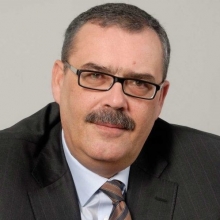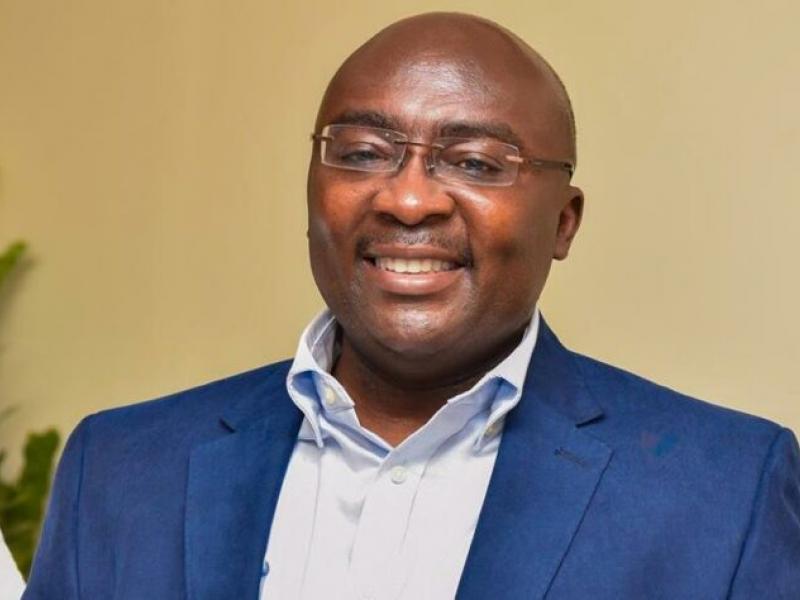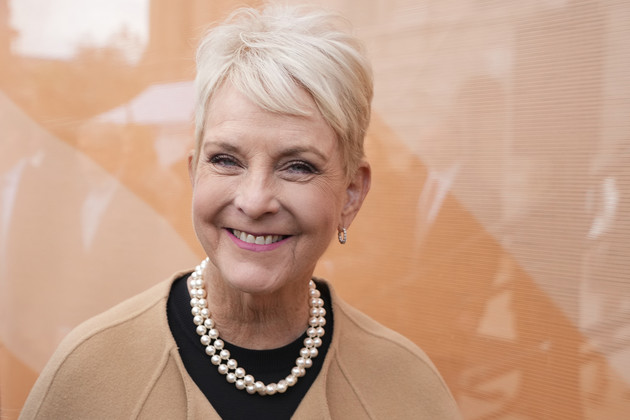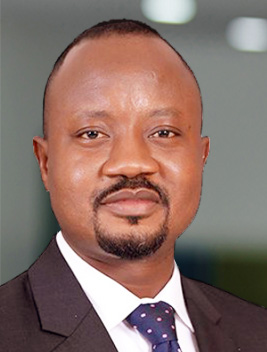Egypt’s Fawry Partners with MoneyHash to Unleash Digital Payment Innovation
Fawry, Egypt’s leading provider of electronic payment and digital financial services, has joined forces with ‘MoneyHash,’ a comprehensive payment and revenue operations platform serving the Middle East and Africa. This partnership simplifies the complex process of establishing, optimizing, and expanding payment infrastructure, tailor-made to the unique payment landscape of these regions. The collaboration offers significant growth opportunities for businesses at various stages of development.
By harnessing MoneyHash’s innovative payment orchestration capabilities and Fawry’s established expertise in payment gateways, merchants can expedite their market entry strategies, reduce losses from fraudulent transactions, and improve their checkout processes to boost conversion rates.

Customers will also have the opportunity to streamline and automate their payment procedures, resulting in enhanced user experiences, fewer payment failures, and more effective risk management.
Together, ‘Fawry’ and ‘MoneyHash’ will provide premium technical support services delivered by a team of experts. Furthermore, users can take advantage of exclusive discounts when using “Fawry” electronic payment channels through MoneyHash.
Mohamed Kamel, Head of Acceptance and Business Development at ‘Fawry,’ expressed his enthusiasm about collaborating with ‘MoneyHash,’ emphasizing that this partnership adds significant value to the electronic payments market and the field of banking technology. He affirmed that this cooperation will accelerate the pace of digital transformation and promote financial inclusion in the Egyptian market by offering advanced digital services and payment solutions.
Nader Abdel Razek, CEO of ‘MoneyHash,’ shared his excitement about working with the Fawry team to deliver the best payment experience to merchants in Egypt and around the world. He noted that this featured integration will offer special rates, premium support, and coordinated technical innovation. This collaboration with a market leader like Fawry underscores both companies’ dedication to modernizing payment infrastructure in emerging markets.
Fawry is Egypt’s largest e-payment platform, serving both banked and unbanked populations. The platform facilitates electronic bill payments, mobile top-ups, and various other digital services, including e-ticketing and cable TV. Fawry enables corporations and SMEs to accept electronic payments through various platforms such as websites, mobile phones, and POS terminals. With a network of 36 member banks, over 310,000 agents, and a mobile platform, Fawry processes an average of 4 million transactions daily, serving an estimated customer base of 50 million users quarterly.
MoneyHash is the Middle East and Africa’s first all-in-one flexible payments and revenue operations platform, catering to all your payment needs. Their mission is to empower businesses in emerging markets by simplifying the complexity of building and maintaining payment infrastructure, flows, and operations.
The platform equips businesses with the tools and microservices to connect with payment service providers, create payment features, establish and manage transaction routing and recovery rules, and centralize reporting with no need for complex coding or operations.
Charles Rapulu Udoh

Charles Rapulu Udoh is a Lagos-based lawyer, who has several years of experience working in Africa’s burgeoning tech startup industry. He has closed multi-million dollar deals bordering on venture capital, private equity, intellectual property (trademark, patent or design, etc.), mergers and acquisitions, in countries such as in the Delaware, New York, UK, Singapore, British Virgin Islands, South Africa, Nigeria etc. He’s also a corporate governance and cross-border data privacy and tax expert.
As an award-winning writer and researcher, he is passionate about telling the African startup story, and is one of the continent’s pioneers in this regard




















